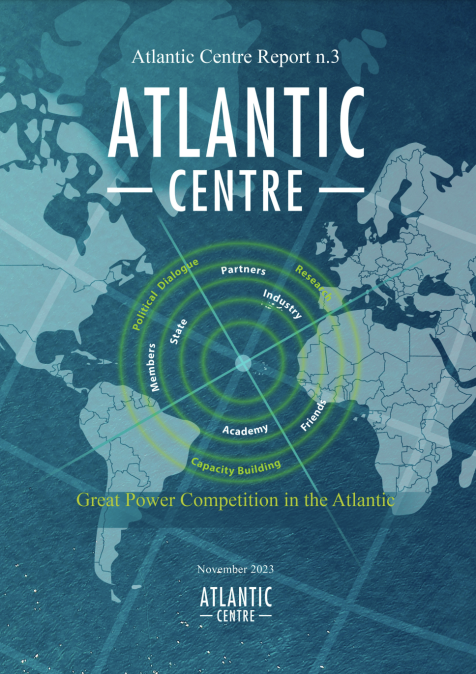Publications /
Policy Brief
The Atlantic area and its Afro-Atlantic seaboard are suffering the consequences of the global situation. We are witnessing a complex geopolitical game involving different strategies that have various processes, tactics, and objectives. The current situation reveals a paradoxical dynamic, which involves the Euro-Atlantic powers, extra- regional powers (China and Russia), and all the Afro-Atlantic countries. How is the power game organized in the Atlantic area? How does Africa9s Atlantic seaboard experience it? What are the scenarios for the evolution of this power game in light of African challenges?
This article aims to draw up the dynamics of the power game in the Atlantic area and to analyze its relevant variables, its actual dimensions, and the challenges that lie ahead.









